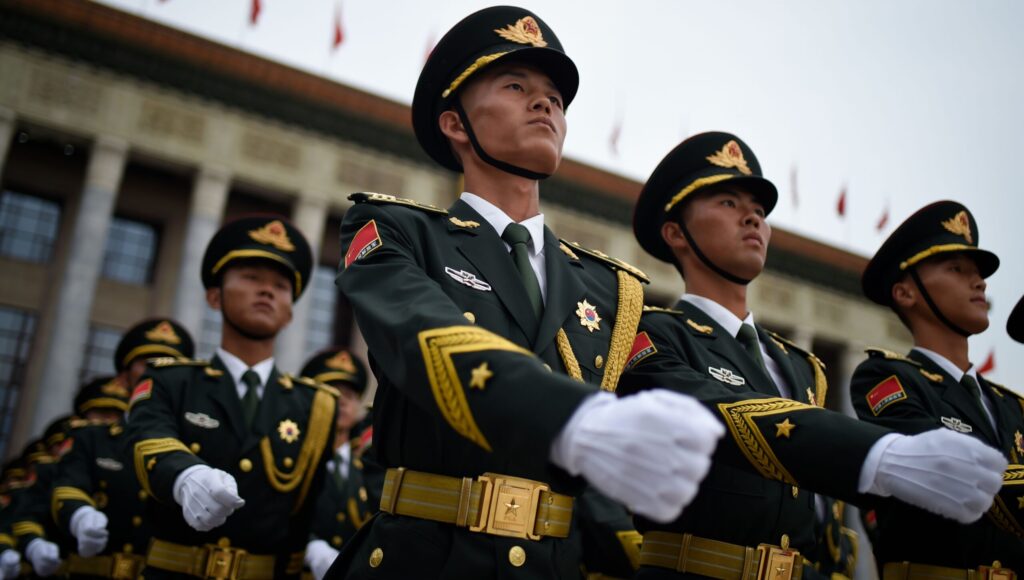MIQUEL VILA

China ended 2023 by doubling down on its military purges, removing nine generals and three officials from companies linked to the aerospace defence sector. Then, in his New Year address, Xi Jinping pledged ahead of presidential elections in Taiwan this month that “reunification is inevitable”.
The problem is that the purge and reshuffle of China’s strategic top command posts demonstrates how far the People’s Liberation Army (PLA) is from being able to sustain a war which would likely involve the US. Xi also recently culled leading members of the rocket force, responsible for China’s missile programme. This follows on from the detention and removal of defence minister Li Shangfu in October, as well as the sacking of two generals overseeing China’s nuclear missile programme in August.
As for the motivation behind these actions, there is speculation about corruption, political disloyalty, incompetence and even espionage. It is also possible that Xi has witnessed major shortcomings in his armies and is cleaning house before launching an attack on Taiwan. But regardless of the specific motive, what is clear from the ongoing purge is that despite his assertive tone, Xi is not confident in China’s armed forces. In that light, don’t expect China to engage in larger military operations against Taiwan or the US in the short term.
On several occasions, Xi has asked the PLA to be “ready to win wars”, and set an ambitious modernisation programme with the aim of being a “world class” army by 2050. That date would coincide with the centenary of the People’s Republic of China in 2049, when, according to the official narrative, “China’s national rejuvenation” should be completed. This means, among other things, reunification with Taiwan.
Yet Xi’s internal cull shows he is not there yet. Corruption in Beijing’s military has been a decades-long problem, seen as an obstacle to the professionalisation and modernisation of the PLA. But in modern China, competence does not just mean professional talent, but political loyalty too. Control over the military has long been a preoccupation of Xi’s, ensuring the PLA doesn’t harbour senior officers opposed to his leadership. To this end, he has stressed that the PLA is the army of the Party, not of the Chinese nation. As the leader of the CCP, this should involve personal loyalty to him.
Amid this upheaval, China is not yet abandoning its ambition over Taiwan. Really, Xi is preparing for a future conflict over the contested territory. The appointment of Admiral Dong Jun, former head of the PLA Navy (PLAN), as the new defence minister reveals the larger role that the Chinese Premier wants for the PLAN within China’s military restructuring. This points towards a future invasion of Taiwan by sea, and the need for the PLAN to challenge the US Navy’s control of the waters. China’s army is not yet ready for war, but Xi is running out of patience.
No comments:
Post a Comment